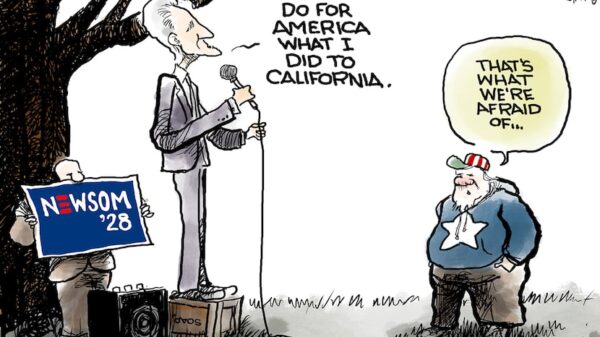Concerns are mounting in Hawaii regarding the ongoing negotiations between state officials and the U.S. Army over land use at Pohakuloa, where the military has conducted operations for decades. Governor Josh Green and Army Secretary Dan Driscoll have publicly emphasized their commitment to protecting the environment and adhering to legal processes. However, critics argue that these discussions may overlook significant legal and environmental considerations.
The state’s Board of Land and Natural Resources has rejected the Army’s environmental impact statement (EIS), highlighting numerous deficiencies. According to Hawaii law, the transfer of public lands cannot occur without a satisfactory EIS. This legal framework is underpinned by the Hawaii Constitution, which mandates the conservation of the state’s natural resources for the benefit of both current and future generations. The Constitution asserts that all public natural resources are held in trust by the state for the people.
In a letter published in the Honolulu Star-Advertiser, Gary Hooser, a resident of Wailua Homesteads on Kauai, expressed his concerns about the negotiations. He urged Governor Green to reconsider the urgency of accommodating the military’s requests and to prioritize his responsibilities to the people and lands of Hawaii. Hooser’s letter reflects a broader sentiment among residents who are wary of potential environmental degradation and the legal implications of the Army’s activities at Pohakuloa.
The situation highlights the tension between military operations and environmental stewardship in Hawaii. As the state grapples with these complex issues, it remains crucial for officials to engage transparently with the public and heed the legal requirements governing land use. The outcome of these negotiations could have lasting implications for Hawaii’s environment and its residents.
As discussions continue, the community awaits further developments. Hawaii’s unique landscape and cultural heritage depend on the careful balancing of military needs and environmental protections. The state’s commitment to safeguarding its natural resources will be tested as negotiations evolve.






































































